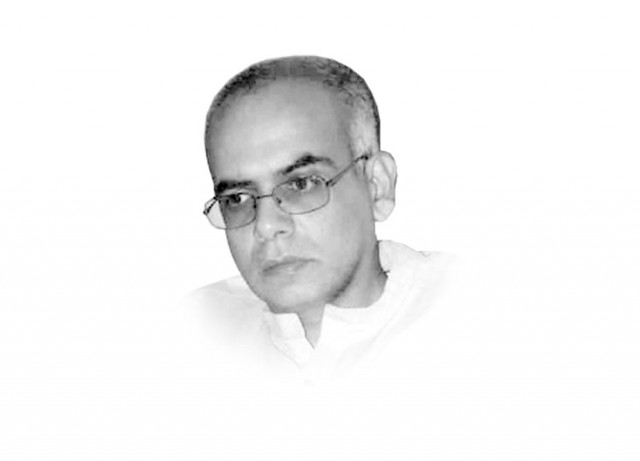Growing old in Pakistan
Majority of elderly people in Pakistan have scarce savings, lack social security or health insurance coverage.

The writer is a development consultant and a PhD student at the University of Melbourne
syed.ali@tribune.com.pk
While ranking countries according to standardised indices is not without contention, this new index is the first of its kind which tries to attempt measuring the quality of life and well-being of older people around different countries in the world. The ranking is based on 13 different indicators concerning issues related to income security, health status, education and employment, and the availability of an enabling policy environment needed to ensure quality of life and well-being of older people.
The UN is rightly getting concerned about the problem of aging since the 21st century is seeing an unprecedented global demographic transition whereby the number of people over the age of 60 is set to increase from some 809 million today to more than two billion by 2050.
Besides richer countries, which predictably ranked highly on the newly created index, a number of lower-income countries are ranked fairly high on the Global Age Watch Index. Bolivia is one such country, which offers free health care to its older citizens despite being one of the poorest surveyed countries. Sri Lanka, with its long-term investments in health and education, was also found to be looking after its elderly population very well. Conversely, Pakistan has been ranked 89 out of the 91 countries, which is a worse ranking amongst neighbouring countries including India, Nepal and Sri Lanka.
A majority of elderly people in Pakistan have scarce savings and they lack social security or health insurance coverage, especially those who have spent their lives toiling in the informal sector. In this scenario, the entire burden of caring for the elderly is placed onto the shoulders of their offspring. Children are also socially obligated to take care of their parents, no matter how desperate their own circumstances are. Yet, just because the elderly reside with their families does not mean that their needs are being fulfilled. Also, the increasing economic and psychological hardship created by the illnesses of the elderly is also understandably hard for their families to deal with.
There are over 10 million people over the age of 60 in Pakistan now and this number will keep increasing over the years. Yet, there is a dearth of government agencies or NGOs working to address the challenge of caring for the aging population. Our public and private hospitals lack geriatric wards and there are hardly any places where old people with special medical needs, or without supportive families, may seek refuge. Many elderly people remain embroiled in lingering pension disputes and are not even provided any of the income tax or travelling related concessions, which are common courtesies extended to the elderly in many other countries around the world.
A Senior Citizens Welfare Bill was formulated for Pakistan in 2007 but its passage remains pending, as does the formulation of a Senior Citizens Council, which was meant to institutionalise mechanisms to ensure adequate care and support for the elderly. Perhaps, our dismal ranking on the Global Age Watch Index will help impel our legislators and policymakers to do the needful.
Published in The Express Tribune, November 1st, 2013.
Like Opinion & Editorial on Facebook, follow @ETOpEd on Twitter to receive all updates on all our daily pieces.















COMMENTS
Comments are moderated and generally will be posted if they are on-topic and not abusive.
For more information, please see our Comments FAQ